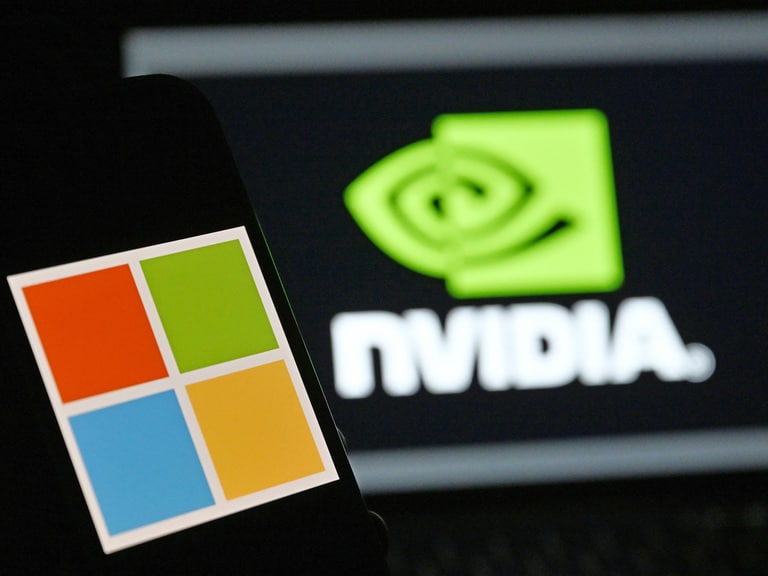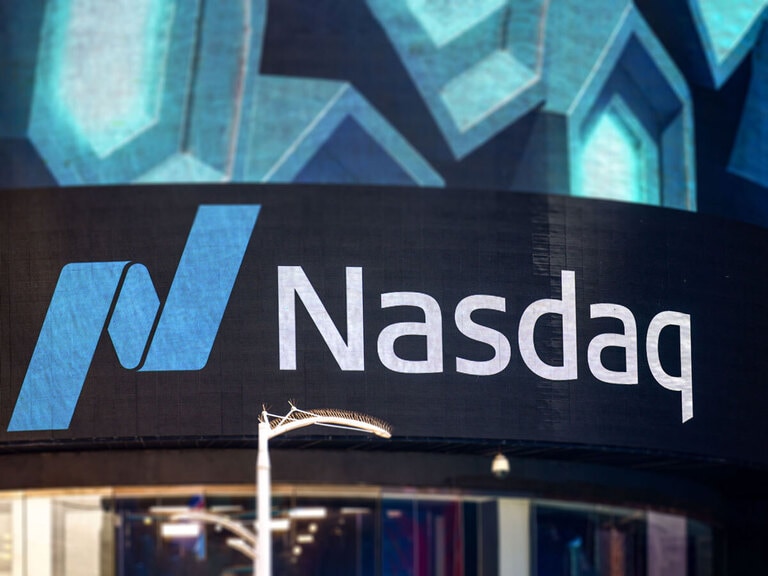Electric vehicle (EV) ETFs are complex. Because the field is in its infancy and includes autonomous vehicles under the umbrella of future mobility, most funds offer at least as much exposure to disruptive technology as they do to pure-play EV producers.
For example, the top five holdings in the Global X Autonomous & Electric Vehicles ETF [DRIV] are Alphabet [GOOG], Microsoft [MSFT], Intel [INTC], Apple [AAPL] and Nvidia [NVDA].
For broader exposure, investors can look to the SPDR S&P Kensho Smart Mobility ETF [HAIL]. Top holdings include various EV power companies such as Plug Power [PLUG] and Blink Charging [BLNK], as well as vehicle manufacturers like Workhorse Group [WKHS], a US producer of electrically powered delivery and utility vehicles, and Tesla [TSLA].
Plug and play
The second-largest holding in the SPDR S&P Kensho Smart Mobility ETF, Plug Power makes up 3.3% of the fund. The hydrogen fuel cell system developer closed 17 February at $73.18, up 115.8% for the year to date, after raising its billings estimate for 2021 to $475m. In the 12 months to 17 February, its share price surged by 1,172.2%.
1,172.2%%
Plug Power's rise in past 12 months
The third-largest holding in SPDR S&P Kensho Smart Mobility ETF is Blink Charging, which produces EV charging stations. It constitutes 2.78% of the fund. The stock closed 17 February at $46.38, up 1,637.1% in the past 12 months.
Meanwhile, Workhorse Group has climbed 28.5% so far in 2021 (through 17 February) after climbing 876.8% in the past 12 months. These kinds of figures are matched by one stock that exemplifies the EV theme. Tesla’s share price grew 743.4% throughout 2020, but it has slowed somewhat so far in 2021, climbing just 13% through to 17 February. Workhorse and Tesla comprise 2.44% and 2.09% of the SPDR S&P Kensho Smart Mobility ETF, respectively (as of 18 February).
Given these high performers, the ETF’s unit price has gained significantly over the last year, trading 114.8% above its price 12 months ago (to 17 February). The fund has gained 24% so far in 2021.
Luxury KARS
The KraneShares Electric Vehicles and Future Mobility ETF [KARS] offers less US-centric exposure and has grown 16.8% so far this year off the back of gaining 71.1% in 2020.
The ETF’s largest holding, Chinese luxury EV manufacturer Nio [NIO], reported a 121% year-over-year increase in vehicle orders in its monthly business update in January. The company’s share price has gained 1,420.4% over the last 12 months to 17 February, making Tesla’s growth rate appear sluggish by comparison.
1,420.4%%
Nio's rise in past 12 months
Daimler AG [DAI] — a company convinced “that the future is electric” — was the fund’s third-largest holding on 17 February. The automotive producer, which owns Mercedes-Benz, Freightliner, Smart Automobile and others, comprises 3.40% of the fund’s holdings. It has grown 13.2% so far this year off the back of plans to split its truck business from Mercedes-Benz, which will become a dedicated luxury EV and automotive software producer.
Will the EV theme short circuit?
Given the rate at which individual stocks in the space have soared and the inherent unpredictability of which companies will go on to dominate this high-growth space, Scott Levine, writing for The Motley Fool, suggests that ETFs could offer exposure to the EV theme without too much responsibility being pinned on the success of any one company.
EV stocks are, according to many analysts, currently experiencing a bubble, particularly Tesla and Nio. Wayne Duggan, writing for Yahoo Finance, recently observed that Nio was trading at 47.4 times sales while posting losses of over $1bn in each of the last two quarters.
While the median 12-month price target among 19 analysts polled by CNN Money was $68.90, 20.2% above the stock’s 17 February closing price, a low target of $15.19 sees the stock losing 73.5% of its value over the next year.
Thirty analysts offering 12-month price forecasts for Tesla gave a median target of $687.50, 13.9% below its 17 February price. The low target of $67 sees the stock losing 91.6% of its value over the coming year, while a high target of $1,200 implies 50% upside potential.
Plug Power, meanwhile, has 15 analysts offering 12-month forecasts yielding a median target of $75, 33.4% above its 17 February closing price. Despite this, 10 out of 15 analysts polled by CNN Money gave the stock a buy rating, with one recommending outperform and four a hold.
Only two analysts polled by CNN offer 12-month price forecasts for Blink Charging. The higher target of $67 sees the stock rising 40.4%, while the low target of $60 would still represent a 25.7% increase on 17 February’s price.
Workhorse Group’s median 12-month target among six analysts was $25.50, representing a 27.2% increase on its 17 February close, while 20 analysts offering 12-month forecasts for Daimler yielded a median target of $84.36, 22.4% below its recent price.
Disclaimer Past performance is not a reliable indicator of future results.
CMC Markets is an execution-only service provider. The material (whether or not it states any opinions) is for general information purposes only, and does not take into account your personal circumstances or objectives. Nothing in this material is (or should be considered to be) financial, investment or other advice on which reliance should be placed. No opinion given in the material constitutes a recommendation by CMC Markets or the author that any particular investment, security, transaction or investment strategy is suitable for any specific person.
The material has not been prepared in accordance with legal requirements designed to promote the independence of investment research. Although we are not specifically prevented from dealing before providing this material, we do not seek to take advantage of the material prior to its dissemination.
CMC Markets does not endorse or offer opinion on the trading strategies used by the author. Their trading strategies do not guarantee any return and CMC Markets shall not be held responsible for any loss that you may incur, either directly or indirectly, arising from any investment based on any information contained herein.
*Tax treatment depends on individual circumstances and can change or may differ in a jurisdiction other than the UK.
Continue reading for FREE
- Includes free newsletter updates, unsubscribe anytime. Privacy policy





